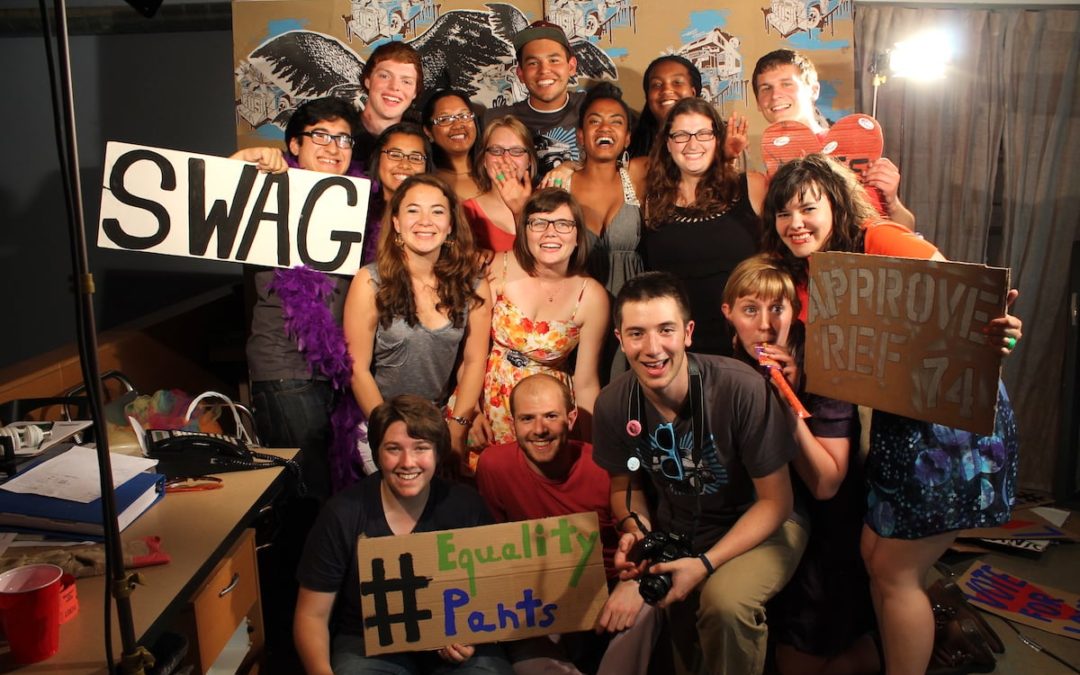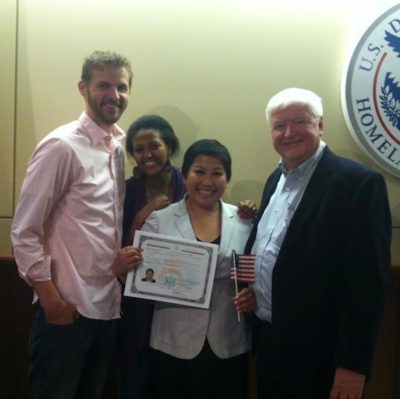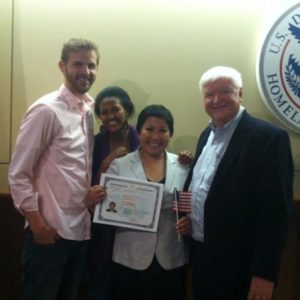
Marriage Equality: We Meet Again
Unless you have been living in a cave for the past several months (which I wouldn’t judge), you probably know that on November 6th Washingtonians will have the opportunity to be one of the first states in the U.S. to uphold gay marriage at the ballot box.
My relationship with Marriage Equality, like a lot of queer folks, is complicated. I’ve had, heard, and landed on both sides of the debates surrounding how Marriage Equality campaigns have drawn much-needed resources out of social justice issues such as the school to prison pipeline, access to health care, and youth homelessness to name a few.
I have to admit, I have landed on the side of the debate that Marriage Equality is, in fact, important. I agree, it is not the only issue queers should be fighting for. However, I can also see that Marriage Equality has the potential to affect many people’s lives on a very fundamental and positive level.
For example, I was going to school in Maine during election season in 2009 when Mainers had the chance to uphold Marriage Equality (they didn’t—they voted to repeal it by about a 6% margin). Leading up to the election, I attended a few community meetings for academia and out of personal interest.
The most notable was a discussion on Marriage Equality and religion led by Gene Robinson, the first openly gay Anglican bishop.* During the discussion, multiple gay men stepped up to ask the bishop how they should reconcile their feelings of anger towards people that had physically and/or verbally assaulted them based on their sexuality. In other words, in that room for the folks present, there was a strong connection between basic physical and emotional safety and Marriage Equality.
It began to sink in for me that for some people Marriage Equality is not just about a certificate, or even all the legal rights that go with marriage; it’s also about basic respect and dignity. It is about the sense that the right to marry might lead to greater public acceptance, and, therefore greater safety physically, emotionally, legally and psychically.
My hope for the fight for Marriage Equality in Washington, Maine and Maryland (the three states that have it on the ballot this election season,) is that it will be approved at the ballot box to promote safety for LGBTIQ folks on all levels.
However, I genuinely hope it doesn’t end there. I hope folks can start using the conversation about Marriage Equality in broader terms—that connections will be made between the legal, physical and emotional vulnerability that queer folks have with the legal, physical and emotional vulnerability that, for example, communities of color have in relation to the war on drugs and racial profiling. (Not to say they are comparable, the same experience or don’t intersect either, just to say they are all pieces of the same puzzle…and it’d be worthwhile to think about Initiative 502 as part of that puzzle.)
In essence, I hope that we can all start to see and talk about the campaign for Marriage Equality more broadly—that we all should really be thinking about, debating and campaigning for ways we can create spaces and environments where everyone feels safe and is capable of thriving.
*Gene Robinson will be leaving his post in 2013 due to continual threats to his life and personal safety since he became bishop in 2004.
This blog post is by Shann Molly, friend of the Bus.


